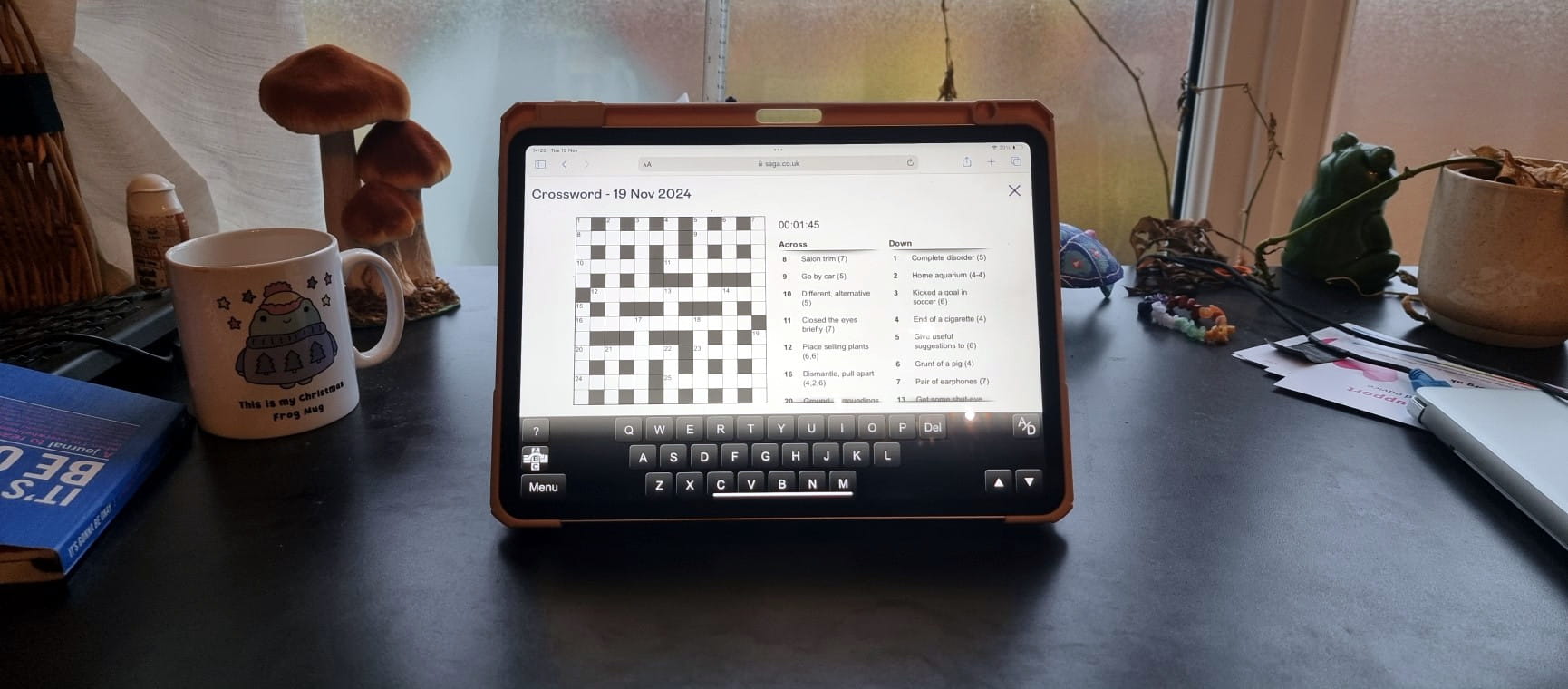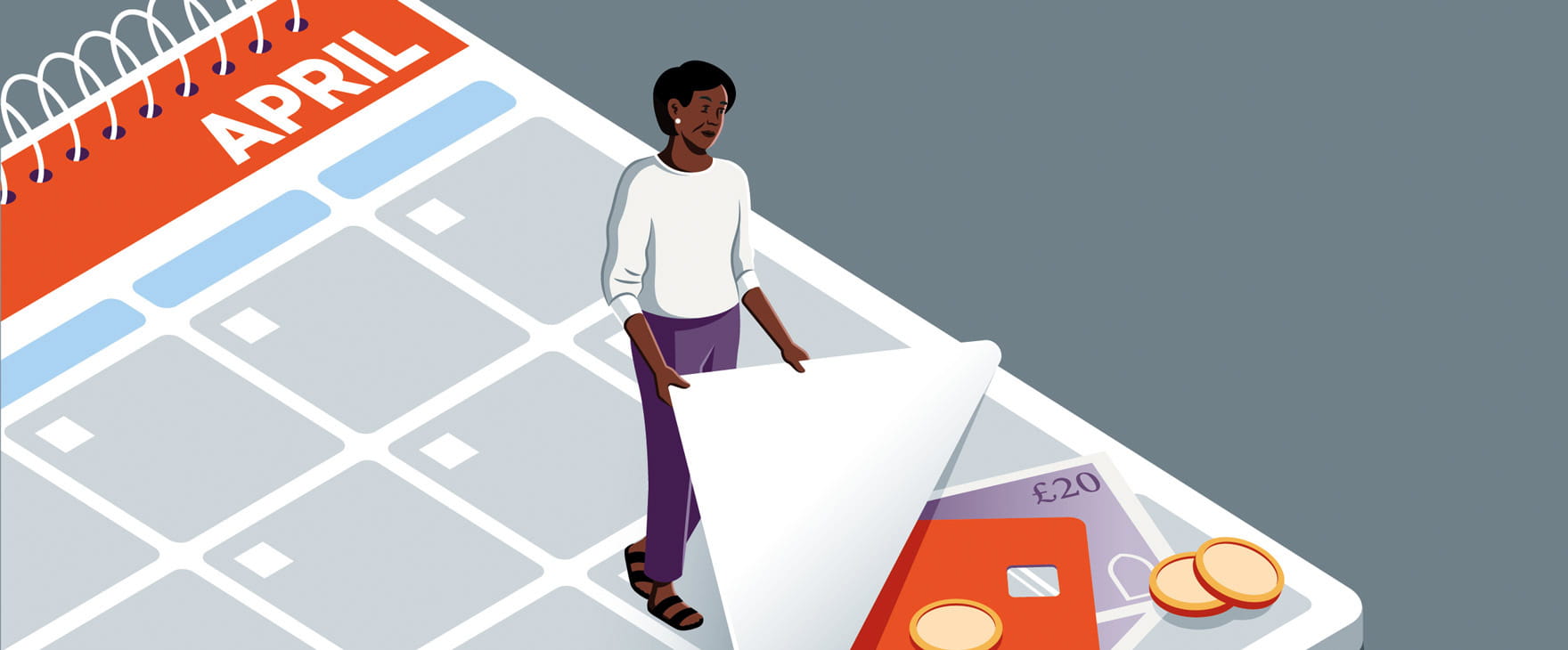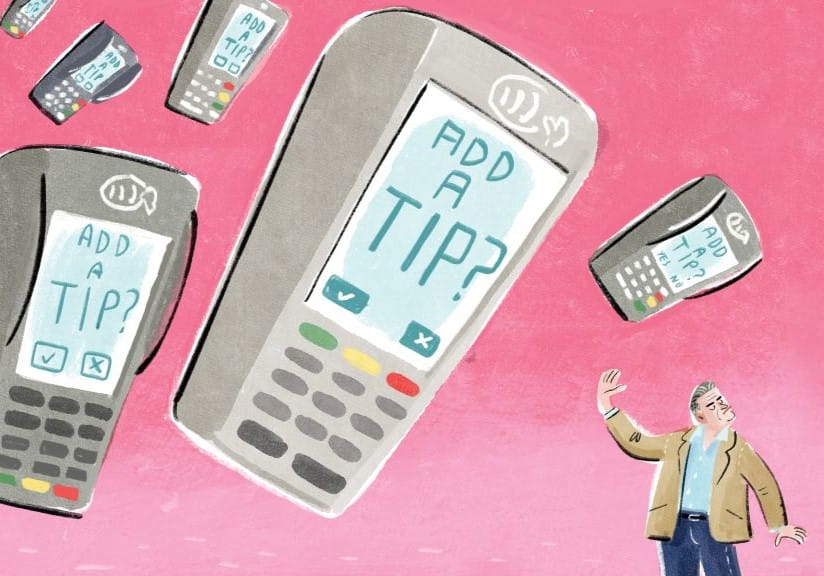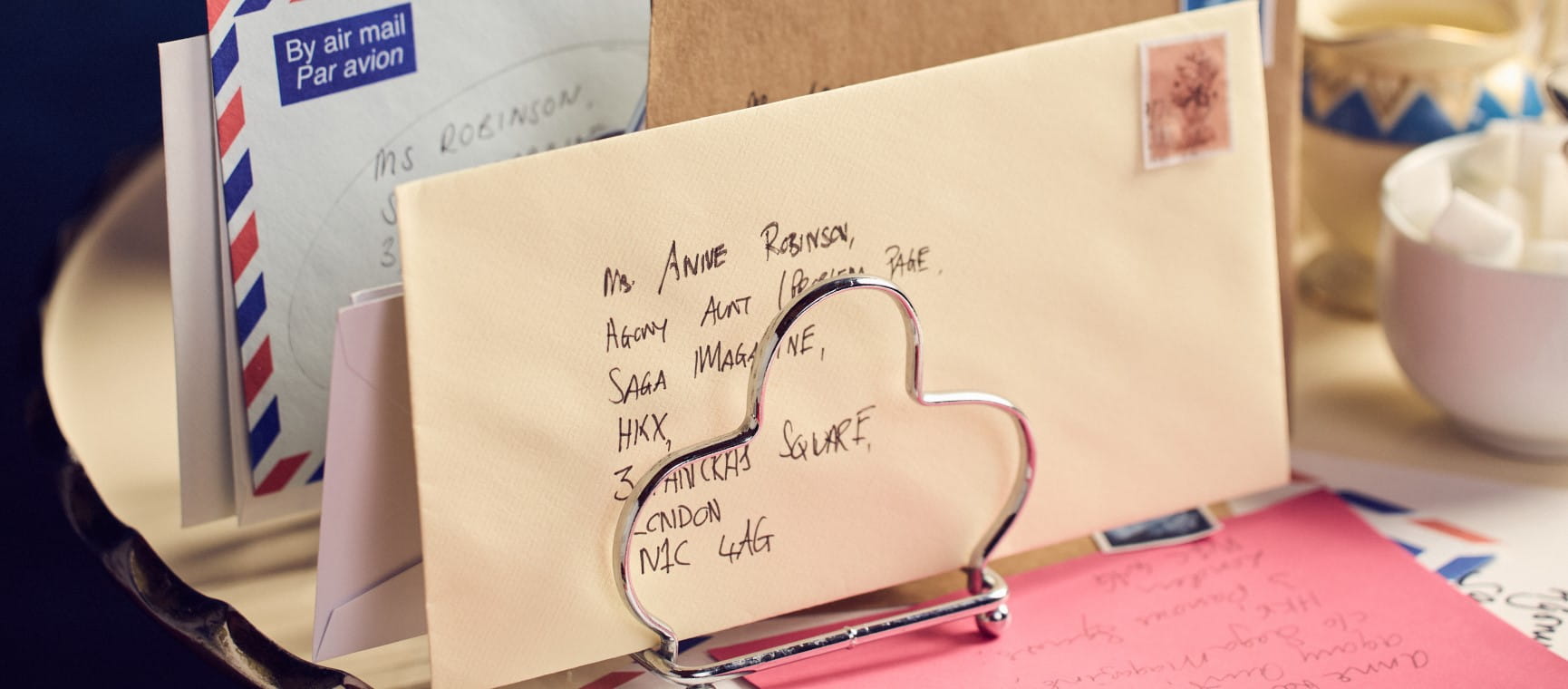
Your wedding day is a very special day in so many ways. But one benefit you may not have celebrated, is that you can use it to avoid large chunks of tax for you and your heirs.
That’s because the best tax plan is often to marry the one you love – or, of course, civil partner them, which is just as effective.
And you can do either at a local register office for a couple of hundred pounds – including a bottle of champagne afterwards.
I know you all hate inheritance tax (IHT), but even after the Chancellor’s changes for farms and businesses and her extension of the freeze in thresholds until 2030, it will still only be about one in 11 estates that pays it. And there is a simple way to reduce it: leave everything to your spouse (or civil partner) and there is no IHT to pay when you die. Plus, when they die, their heirs will get double the usual allowances.
So, if you have a partner but are living in unmarried bliss, then consider getting down on one knee and saying, "My love, will you share my tax planning with me?" and tie the knot with a nice thick blindfold over the taxman’s eyes.
Shortly before his death in 2013, the author Iain Banks – who had been diagnosed with a fatal cancer – asked his long-term partner Adele Hartley if she would do him the honour of becoming his widow. They married in April and he died in June. He left her £3.6 million – all free of IHT. An emergency wedding can be arranged even on your deathbed by calling the local register office and asking for a registrar to come and do it.
Remember that in England, Wales and Northern Ireland, marriage invalidates your will, so arrange for an emergency solicitor too and remake it before it’s too late.
Even in Scotland, where that does not happen, it is wise to rewrite your will when your circumstances change.
Of course, not everyone can marry. The IHT rules discriminate against single and divorced people, against those without children, and against siblings who share a home. I have explained the Four Thresholds of the Apocalypse here before: a basic threshold of £325,000 that applies to both single and divorced people who have no children and do not own their own home. Anything above that is taxed at 40%.
If they have children (or grand - or great-grandchildren) and own their own home, then if they leave that to some or all of those direct descendants, the threshold is an extra £175,000, making £500,000.
Widows and bereaved civil partners do rather better. If their spouse left everything to them then their heirs get double the basic allowance – one from each of the deceased parents, making £650,000 – and double the extra for the home they are left, meaning the total left tax-free can be £1 million.
The extra for passing on your home applies only if you leave it to direct descendants (including step and fostered children) but not to friends or unmarried partners, nor to other relatives such as nephews, nieces, or siblings.

Nowadays families can be complicated. A second (or third!) marriage can result in what is called a blended family with various children of each spouse.
Here it is perfectly possible to leave up to the basic threshold of £325,000 tax free between progeny and then everything else to the spouse all free of IHT.
However, when the second partner dies, that basic threshold for their heirs will still be £325,000, not double that. All of these thresholds have been frozen for many years and the Chancellor Rachel Reeves has extended that freeze by two more years.
Read more about the tax benefits of marriage or civil partnership from Saga Money.
Less than 400,000 people a year pay capital gains tax (CGT) and for many of them it is the only time they do. Perhaps old privatisation shares need to be cashed in, or some gold or bitcoin has grown substantially in value and you want to convert it to money in the bank.
CGT is charged on the difference between the buying price and the selling price. The first £3,000 is tax-free but the rest is taxed at 24% of the remaining gain if it takes you into higher tax brackets, and 18% if it does not.
One way to reduce it is to give your spouse some of the investment before the sale. You can then both sell and each get the £3,000 allowance and the smaller gains you each make are less likely to hit the higher rate tax band.
A word of warning: if you and your unmarried partner each owns a property and at some point both have been used as a main residence by either of you, the second home can normally be sold free of CGT.
But once you marry that second home will be liable to CGT, so sell it before the happy day.
Income tax begins at an annual income of £12,570. If one partner has an income well below that they can transfer £1,260 of their unused allowance to their tax-paying spouse and reduce their annual tax by £252.
There are two conditions: the spouse making the transfer has an income below the personal allowance of £12,570; and the person receiving the extra allowance pays basic rate tax but does not pay higher rate tax, which begins at £50,270 or £43,662 in Scotland.
Your application can cover years back to 2020/21, giving you a cheque for £1,006, and £252 off your tax in this and future years. Claim online by searching ‘marriage allowance’ at gov.uk. You will need a Government Gateway account.
Alternatively, call 0300 200 3300 or download the official form and post it. Do not use a commercial firm to claim – they will take up to 40% of whatever you get.
If either of you was born before 6 April 1935 then you should claim Married Couple’s Allowance instead. It is worth more, cutting up to £1,108 off your tax bill.
For detailed IHT guidance, forms and calculators see gov.uk.
Paul Lewis is a prize-winning financial journalist and presenter of Money Box on Radio 4. He also writes extensively on personal finance and money matters for Saga Magazine, the Financial Times, Money Marketing and a wide variety of other publications.
Paul is the author of numerous books including Beat the Bank, Pay Less Tax and Money Magic.He has won a lifetime achievement award from the Association of British Insurers, and been named Consumer Pension and Investment Journalist of the Year.

The ultimate guide to Saga Puzzles, full of technical tips, tricks and hints.

With the start of the new financial year on 6 April, our money expert explains the changes to your pension, benefits and taxes.





